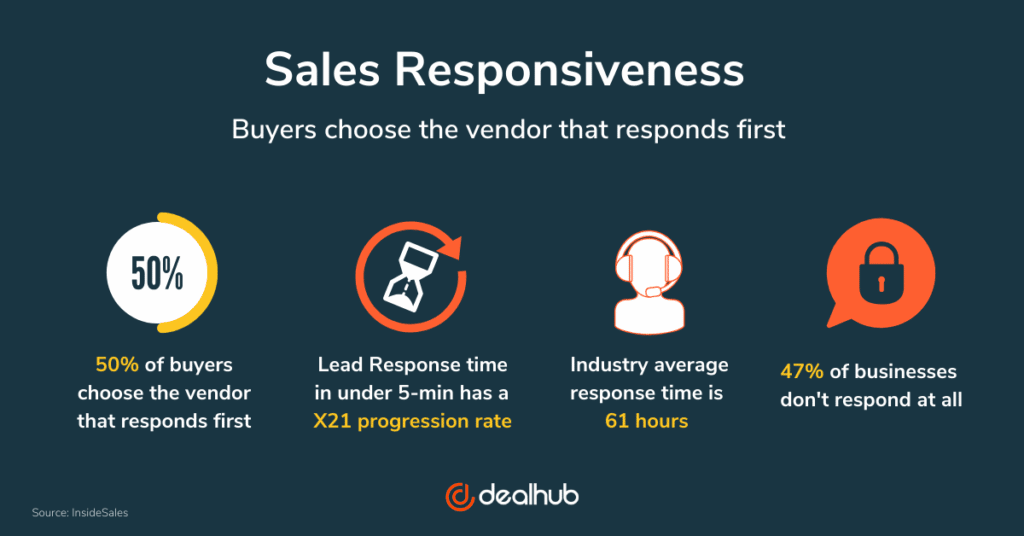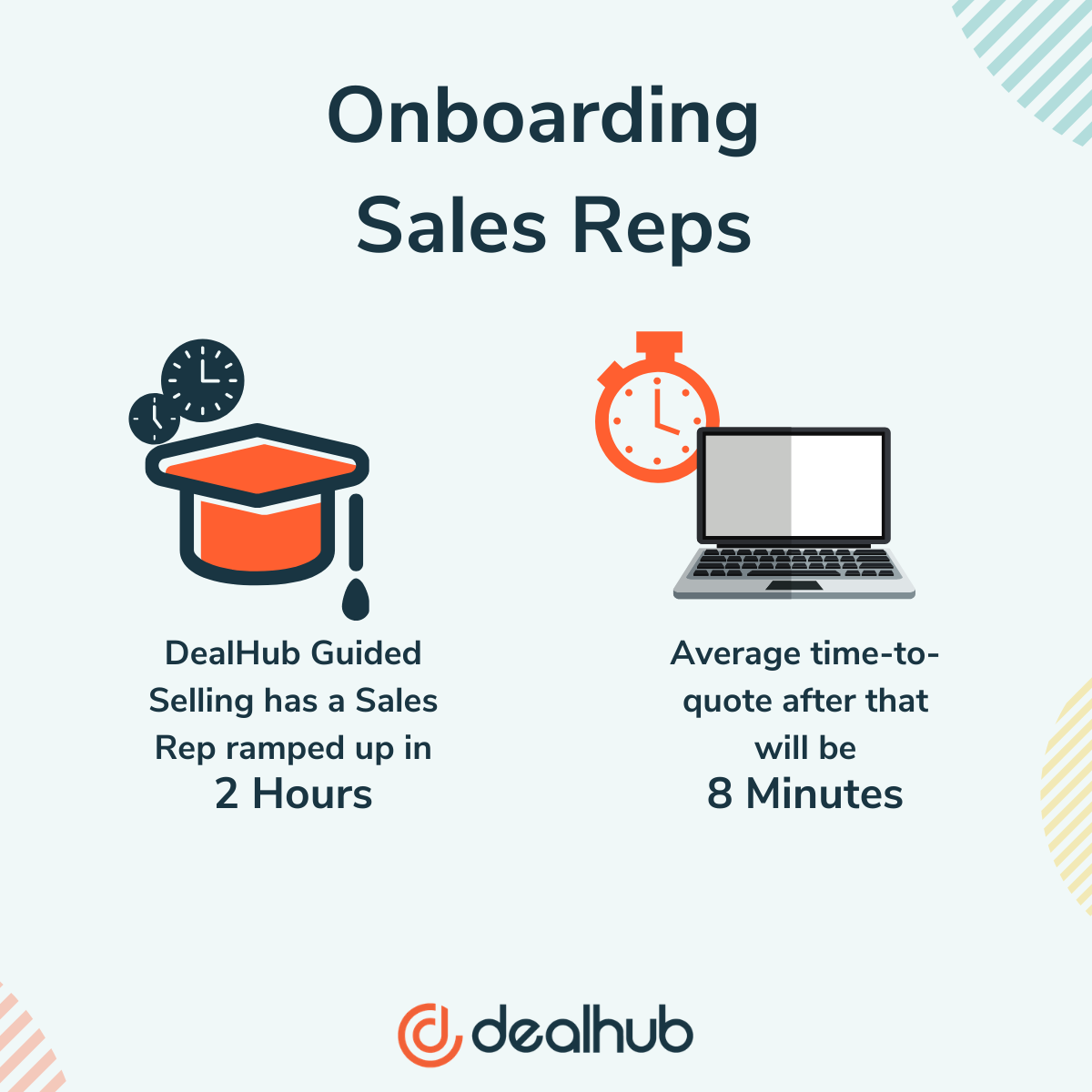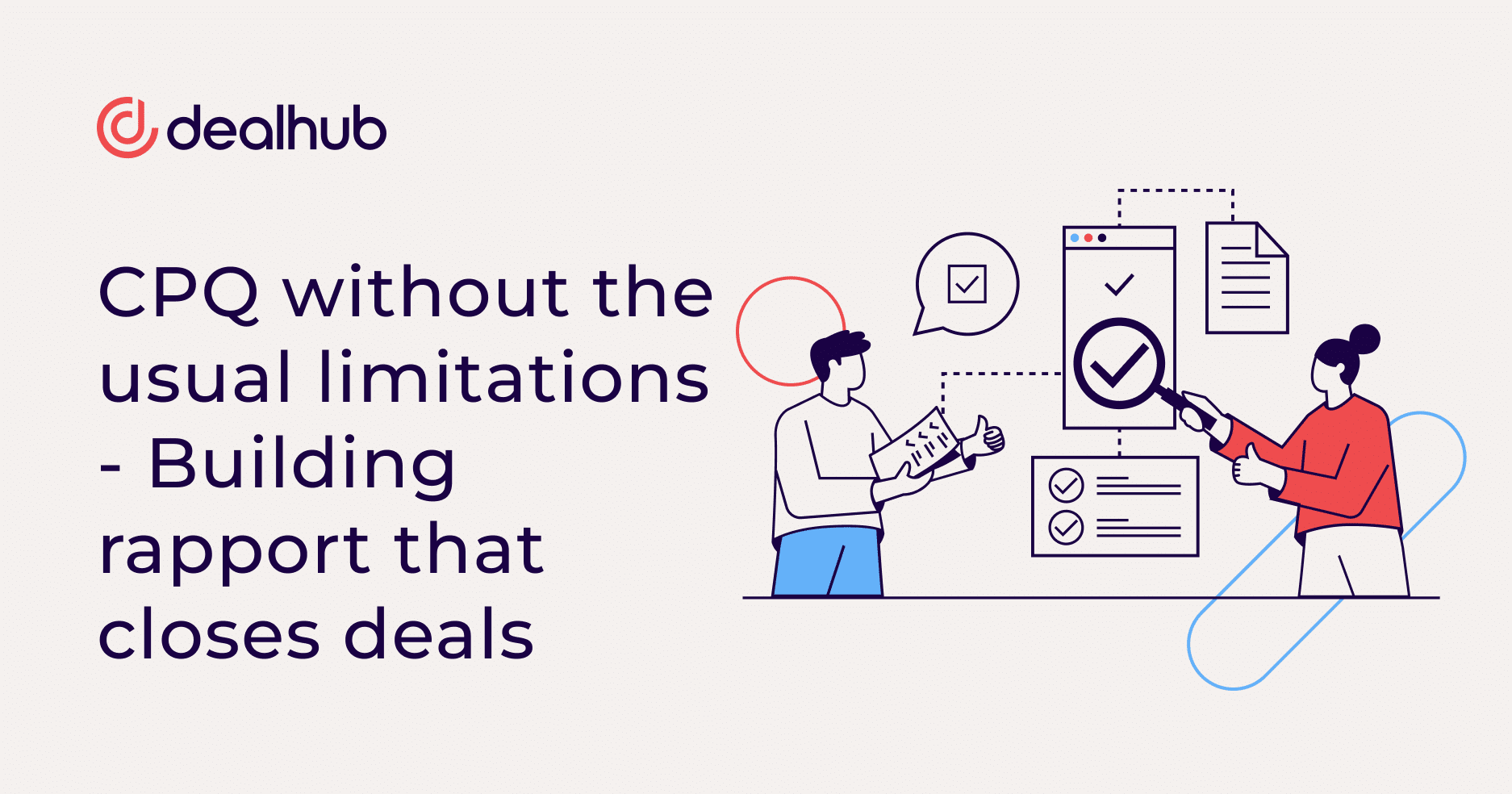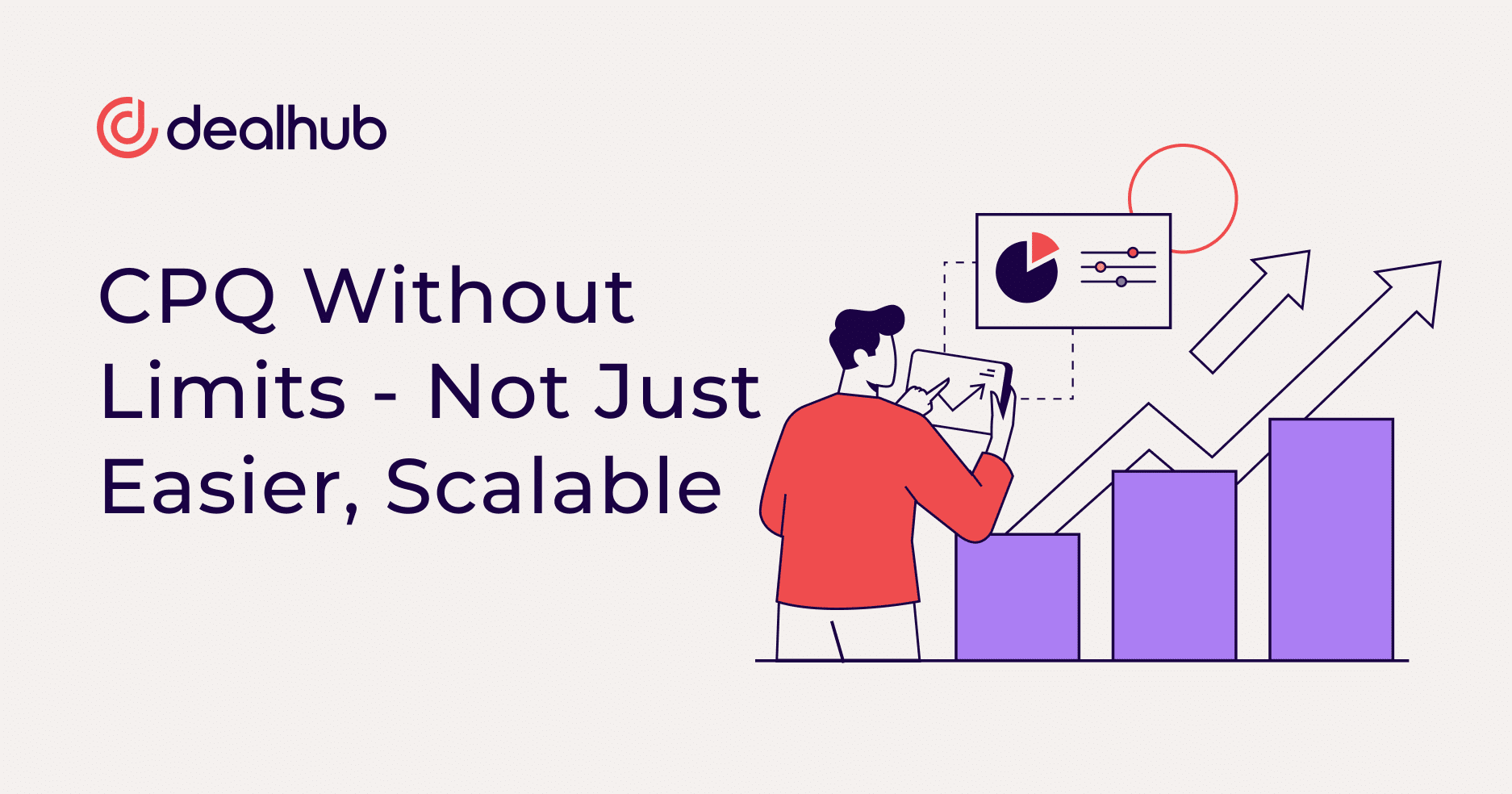It’s true that CRM is a powerful business technology that keeps customer information organized and tracks sales opportunities. However, there is always room to improve the efficiency of the sales process, increase the accuracy of sales quotes, and reduce length of the sales cycle.
By integrating Configure-Price-Quote (CPQ) software with your CRM, your sales team can become more efficient and powerful, leading to higher close rates.
Here are some of the ways CPQ complements CRM, and why you should be implementing CPQ CRM integration sooner rather than later to enable your sales force to perform better.
Benefits of CPQ Integration with CRM
Seamless Proposals, Quotes & Contracts
It’s astounding how many sales teams use optimal customer relationship management (CRM) solutions to assess leads and follow up with them, but then use standalone solutions for things like sales quoting, price optimization, content management, playbooks and the like.
Many sales teams use Microsoft Excel and Word as sales tools and deal with the frustration of version control, a lack of connection between the tools and their CRM, and an increased risk of inaccurate data being added to the CRM. However, a CPQ is integrated into the CRM, turning product configuration, pricing, and quote generation into a seamless part of the sales process.
Learn more in our online guide: What is CPQ?
If you’re using CRM, you already understand the value of automated data processing, tracking and action procedures. Why stop halfway through the sales process? CPQ essentially does the exact same thing as CRM, just for different elements within the sales cycle.
It’s not difficult to see how CPQ complements CRM. Imagine your reps being able to communicate with and send a proposal to a prospect in record time. With all of these processes being connected, the customer feels more confident that the rep is prepared and organized. As such, the sales cycle never becomes bottlenecked; meaning more chances at a successful deal.
Faster Sales Cycles
Studies show that companies that use CPQ solutions enjoy faster sales cycles and a better customer experience. When a sales rep can generate complex quotes promptly, they can respond rapidly to proposal requests and avoid “indecision” sales losses.

When combined with the power of efficient CRM solutions, a rep’s job becomes easier and sales productivity increases with a streamlined and optimized workflow.
Fewer Errors & Delays
When reps are using top CRM solutions like Salesforce along with other stand-alone tools, the chance of errors occurring increases exponentially. Not only that but reps tend to waste too much time searching for accurate pricing and sales content when they’re not already part of the workflow.
When CPQ is integrated with CRM solutions, everything meshes. It’s all part of the same workflow, reducing sales quote errors and allowing the rep to pull proposals, contracts, and other materials from their hat like a practiced stage magician.
This impresses prospects, wows customers and makes it more likely that reps will get an emphatic “yes” when it comes time to close the deal.
Check out the advantages of DealHub CPQ integration with Salesforce CRM:
Easy Adoption
This is the biggest point sales managers need to realize when it comes to marrying CPQ and CRM. If your reps are already using a CRM, trying to force other smart sales solutions upon them will only confuse matters.
Worse still, some reps may resist the new software out of spite. Why learn how to use something else when the CRM seems to work just fine? tends to be the reasoning behind such resistance.
On the other hand, CPQ integration with the CRM platform your reps already use requires little to no learning curve. Guided selling with a sales playbook enables the CPQ to become part of the sales process.
When reps realize how much easier their jobs have become and how the CPQ helps them reach their goals, adoption is automatic, even heralded, and revenue generation immediately becomes greatly impacted. What’s not to love about that?

CPQ CRM Integration = A More Efficient and Stronger Sales Force
The bottom line is that CPQ complements CRM and improves sales effectiveness. They go together like chocolate and peanut butter. One is great without the other but put the two together and the mixture becomes instantly irresistible. Your sales force will think so, too.
So the question is, why haven’t you made the integration yet? Put these automated sales solutions together. You’ll soon see that a more efficient and powerful sales team awaits.
Updated April 2, 2020. Original publication date September 14, 2018.








